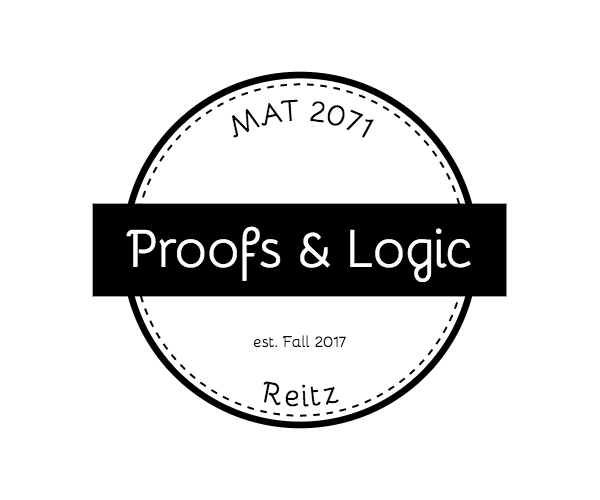Video- Miralia Moreau
9.999.. Reasons that .999…=1 https://www.youtube.com/watch?v=wsOXvQn3JuE&t=12s
In this video, Vi Hart demonstrates how .999… is equal to 1 which seem to be really weird but she actually proves it to be true because .999… Is still having the same pattern and by multiplying both sides by 10 and simply the result it will be equal to 1.
Doodling in Math: Spirals, Fibonacci, and Being a Plant https://www.youtube.com/watch?v=ahXIMUkSXX0&t=199s
This video discussed how people can find Fibonacci numbers in plant petals pattern and others different kind of things which is really interesting.
How many kinds of infinity
https://www.youtube.com/watch?v=23I5GS4JiDg
This video is describing the different kinds of infinity that exist. How they are different from each other, and how they can be used.
Part 2
The second video is the one I will be more focused because it is something I did in class but I did not know it was useful for natural things like Vi Hart reveals in the video. I was amazed by the way she explains everything. Although Fibonacci sequence number is something I did in class as I was watching the video it opens my eyes to more discoveries about the different ways that Fibonacci numbers can be used. The question I would ask is that can the fibonacci number be used to find the design of the universe if nobody did have any clue about how the universe looked like?.
Part 3
First of all, I was amazed, and I realize that it would be better if teachers can use not only math problems to make students understand but they need to use natural things that can students have seen almost in everyday life to make learning more effective. I hope when I was in high school my teachers were using methods from natural things to help me understand and also give me a visual demonstration in subjects I was learning. And as a future teacher, I will do all my best to help my students learning more effective and help them going deeper in order to develop the skills of learning.




Miralia – I love the question you ask at the end of Part 2. Math and science can be very oriented towards small details, but some of my favorite parts are when big important questions raise their heads!